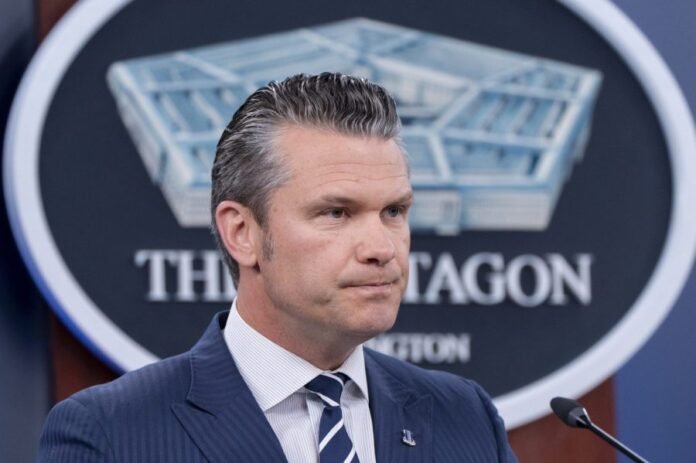The Pentagon event ban took effect this week as top defense officials suspended participation in all think tank conferences. This sudden shift ends years of regular dialogue between the Department of Defense and Washington’s national security community.
Officials said the move will prevent the Pentagon from supporting forums that conflict with the administration’s values. “No DOD official will attend events by America Last organizations,” said Pentagon press secretary Kingsley Wilson on X. He added that such groups promote globalism and opposition to President Donald Trump.
In future situations, the Pentagon’s Office of Public Affairs will carefully vet all conference invitations. As a result, this process will ensure that any event supports the current administration’s mission. According to officials, some forums may mask foreign interests or corporate goals under the guise of public discussion.
Furthermore, many security conferences receive funding from defense contractors or foreign governments. In turn, these events allow such groups to push products or political messages to top U.S. officials. Until recently, the Pentagon also used those spaces to share its own national defense policies.
Consequently, the Pentagon event ban came after officials withdrew from the Aspen Security Forum. Historically, that forum has hosted high-ranking defense leaders and bipartisan national security experts. However, Wilson claimed Aspen promotes globalist ideals and hatred toward the president.
“As long as events disrespect American values, our officials will not attend,” Wilson confirmed. Several military leaders had been scheduled to speak at Aspen before the cancellation.
This change follows Secretary Pete Hegseth’s decision to skip the Munich Security Conference. However, Hegseth did attend the Shangri-La Dialogue in Singapore, organized by the International Institute of Strategic Studies.
Aspen responded to the Pentagon’s exit with disappointment. “We welcome diverse voices,” Aspen said in a public statement. “We regret losing the Pentagon’s presence but keep our invitations open.”
Despite past collaboration, the Pentagon event ban signals a dramatic policy shift. Leaders now prioritize ideological alignment over open forums. For many in the defense community, this marks a new era of selective engagement.
The Pentagon event ban may reshape how national security discussions happen in Washington and beyond.
For more political updates, visit DC Brief.


